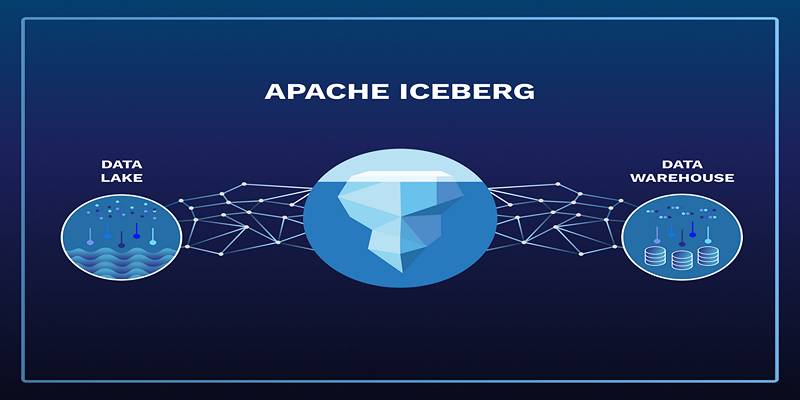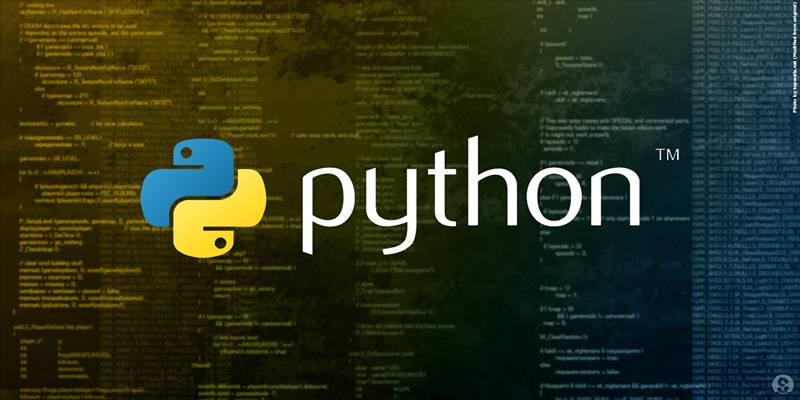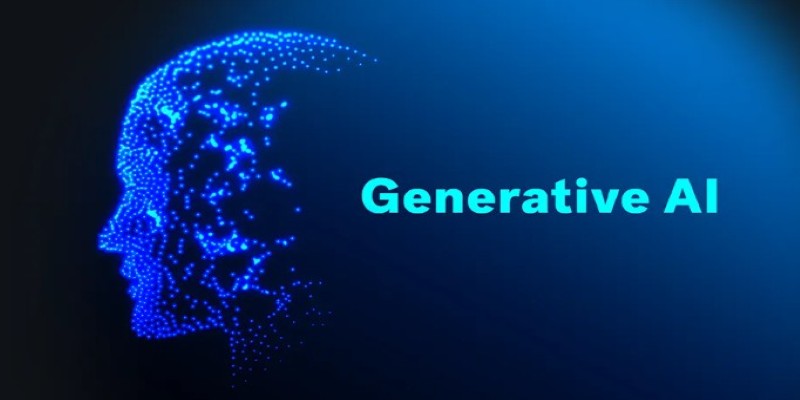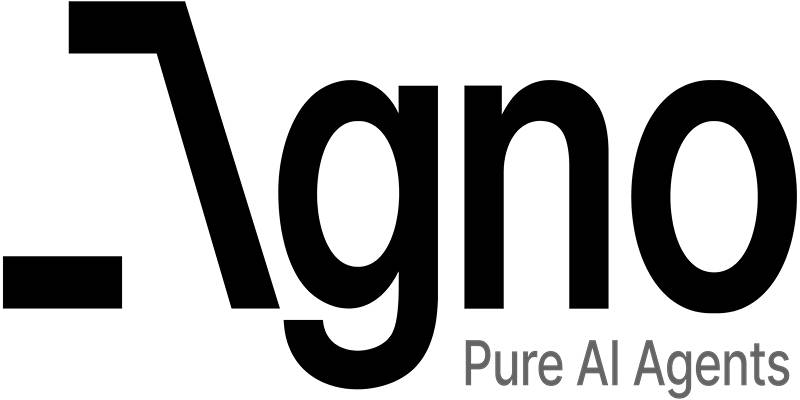In today's digital era, it has become too competitive for businesses to sell their audience attention in an increasingly abated market. The traditional method of marketing through a one-size-fits-all demand doesn't have to work now. Consumers expect brands to understand their preferences and deliver personalized content messages that resonate with them; here is where AI comes into play as a game-changer.
With AI, brands can read customers' data, predict their behavior, and send the right message to all audience segments. This leverages customer experience and enhances engagement, conversion, and brand loyalty. This article will cover the way AI personalization happens, its benefits, and methods to generate bespoke content for diverse target audience segments.
AI Personalization in Marketing
This personalization employs machine learning, analytics, and automation to construct marketing strategies based on individual preferences. Using incredible amounts of customer data, AI enables organizations to promote highly relevant and captivating customer content about satisfaction and conversion rates. The following are how AI makes personalization come into action in marketing.
- Data Collection and Analysis
AI helps to collect and process data from nearly every possible source: website visits, purchase history, social media activity, and email activity. Website analytics reveal how users interact with the site, including landing pages, clicks, and time spent on different parts. Purchasing history shows serious investigation trends about what an average consumer usually buys, mostly viewed items or things in the cart but not bought. Social media activity- from likes, shares, and comments- provides information for the brands' study of customer preferences. With this measurement, any open rate and clicks can generate practical and valuable email campaign steps. AI processes enormous amounts of data in real time and builds a profile of consumer behavior and trends, helping marketers offer personal experiences.
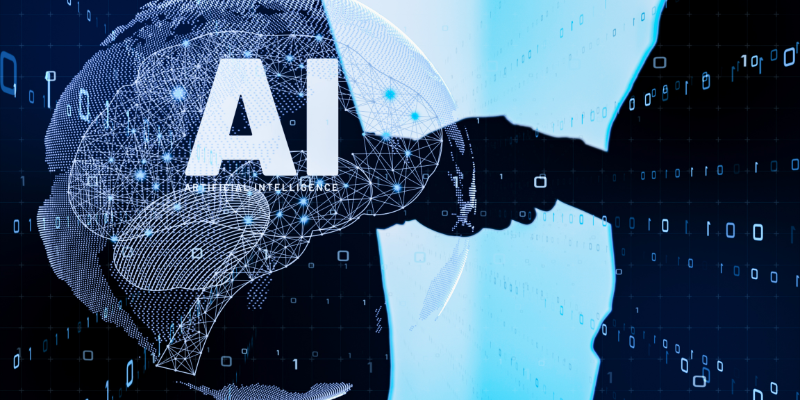
- Audience Segmentation
AI divides audiences into hyper-specific segments, from demographics to interests to behaviors. Rather than the traditional segmentation where factors are static, for instance, age 18-24 or segmented to geographic locations, AI modifies audience groups with real-time data, making the process dynamic. This makes the messages closely relevant and personalized; thus, engagement and conversion rates improve.
- Predictive Analytics
AI uses past behavior to predict what customers will do next—whether they will purchase, abandon a cart, or engage with specific content. By assessing historical data, AI can predict trends and recommend appropriate marketing activities, thereby facilitating the timing and relaying of more meaningful messages to customers to shape their buying experience and maximize sales.
- Content Generation and Personalization
Artificial intelligence (AI) tools like natural language processing (NLP) and machine learning algorithms create customized content for individual users. Examples include product suggestions based on browsing history, personalized email subject lines that boost open rates, dynamic website content that changes according to user preferences, and chatbot responses that offer instant and relevant help.
- Automated Delivery
AI facilitates the right content, reaching the right audience at the right time through automated campaigns across different platforms. Be it social media, email, or mobile applications, AI optimizes the distribution of content to maximize engagement and utility.
Benefits of AI-Personalized Marketing
AI is useful for personalization in marketing, benefiting businesses and customers alike. Engagement is higher since personalized content draws in users and motivates them to interact. Higher conversion rates result because relevant offers/messages are delivered to the correct audience. Enhanced customer experience is promoted through seamless and meaningful interactions. With the help of AI optimizing resources for high-performing campaigns, marketing budgets are spent in the most efficient way possible. Lastly, greater brand loyalty arises when personalized experiences create more profound customer connections.
Strategies for Crafting Tailored Content for Different Audiences
- Personalized Email Marketing
By implementing AI, brands can personalize email messaging based on user behavior and preferences in the highest sense. Dynamic email content can be personalized product recommendations, customized subject lines and greetings, and emails triggered by user behaviors like cart abandonment. For example, Netflix emails customers with AI-driven recommendations based on their watch history, increasing user engagement and retention.
- AI Chatbots & Virtual Assistants
Chatbots build customer service by using AI to customize the customer experience in real time. They can resolve queries, suggest products, and deliver personalized discounts. Sephora's chatbot, for example, gives beauty recommendations tailored to users' preferences, keeping customers happy.
- Dynamic Website Content
AI tailors web content based on a visitor's relevance. It may encompass personalized homepage experiences, adaptive product listings, and custom landing pages. Amazon offers a great example: the homepage content is dynamically updated per browsing and purchase history, enhancing users' experience while driving sales.

- AI-Powered Targeting on Social Media
AI determines users' interactions to send personalized ads and content across social media. Social media platforms such as Facebook and Instagram apply AI to serve ads based on user interests and assess the appropriate time for sharing posts to optimize user engagement. For instance, Spotify uses AI to run ad campaigns through personalized playlist recommendations to increase user engagement.
- Predictive Product Interaction
Customer data analyzed through machine-learning models creates product suggestions based on user preferences. Amazon and eBay use AI to recommend products, while Netflix and Spotify use AI engine personalization for content suggestions worth looking into. Netflix's AI algorithm recommends movies and shows based on viewing history, creating significant value for its users.
- Voice Search and AI Assistants
With the advent of voice search, marketing strategies are shaped based on voice commands and preferences. AI-powered virtual assistants such as Google Assistant and Alexa are engaged to provide personalized responses, whereas businesses optimize their content for voice search queries. For instance, the AI voice assistant enables customers to place customized orders seamlessly.
Conclusion
AI personalization is reshaping marketing by allowing brands to develop personalized content for varied groups of consumers. From predictive analysis to dynamic content personalization, AI empowers companies to engage customers with relevance. As AI technology advances, those brands that adopt AI-driven personalization will remain at the forefront of the competitive digital space. The challenge lies in finding that balance between automation and human judgment, so that personalized experiences are engaging, responsible, and customer-centric.
Do you want to implement AI personalization in your marketing? It's time to embrace AI and reshape customer engagement!

